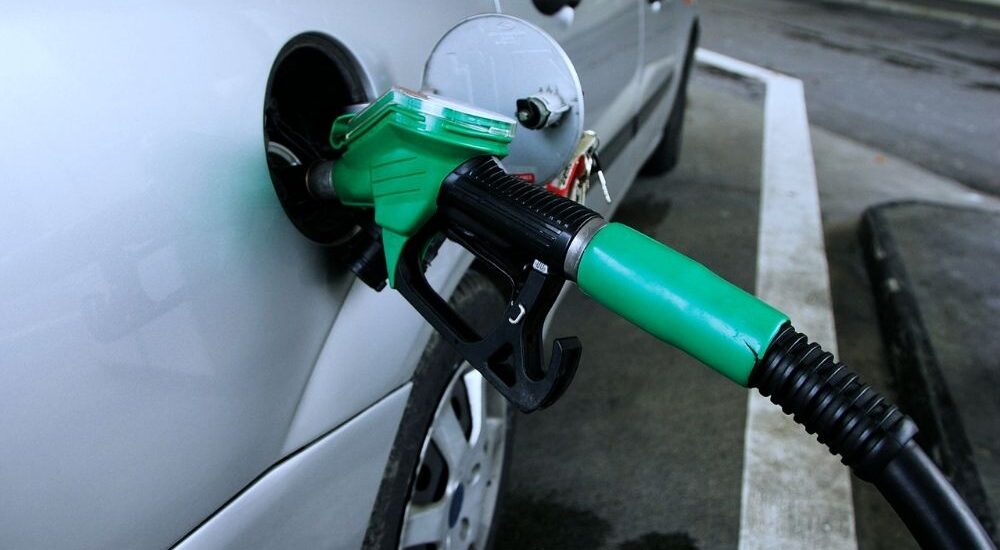Global diesel prices keep climbing up ahead of winter
- August 20, 2023
- Posted by: Quatro Strategies
- Categories: China, Europe, Rare Earths & Commodities

The global diesel market is experiencing high prices compared to the crude oil used to produce it, raising concerns about scarcity and potential impacts on inflation and industries that rely on diesel. Despite the fact that prices have been high before, the current state of the market is worrying due to the ongoing supply constraints and upcoming winter demand.
Stockpiles of diesel-type fuel in Europe and the US Atlantic Coast are expected to decrease in the coming months, leading to tighter supply conditions. Refinery curbs and shifts in crude types have contributed to reduced diesel supplies. In Europe, lower diesel yields from lighter crude slates and unplanned refinery outages are contributing to the tight supply situation.
China is being closely watched as its refiners await new fuel export quotas from the government. While ample Chinese diesel flows could help ease supply constraints, analysts suggest that strong domestic diesel demand might limit the relief provided by exports.
In the US, retail diesel prices have been rising consistently, contributing more to inflation than gasoline in August. Market conditions have made stockpiling a losing venture for American refiners this summer, similar to last year.
The diesel market is significant beyond just a few traders, as diesel is a vital fuel for supply chains and various industries. Hedge funds are increasing their bullish bets on diesel, and the fuel’s availability and price shocks can have implications for governments and industries worldwide.
The current situation highlights the challenges faced by nations as they transition away from fossil fuels while still relying on oil refineries. Recent heatwaves have further impacted refinery output, contributing to the ongoing supply constraints in the diesel market.
Interested in learning more?
Sign up for Top Insights Today

Top Insights Today delivers the latest insights straight to your inbox.
You will get daily industry insights on
Oil & Gas, Rare Earths & Commodities, Mining & Metals, EVs & Battery Technology, ESG & Renewable Energy, AI & Semiconductors, Aerospace & Defense, Sanctions & Regulation, Business & Politics.



